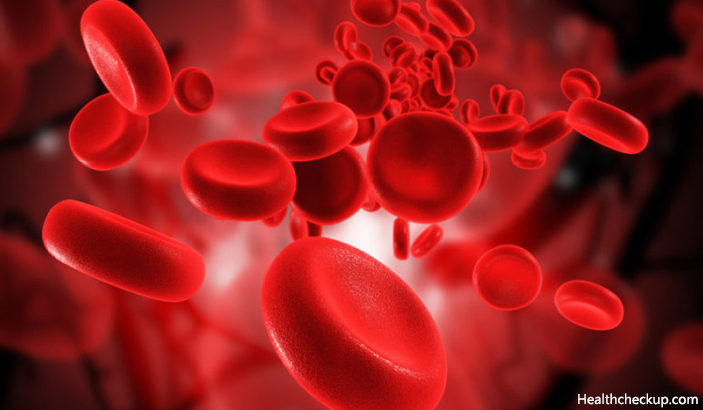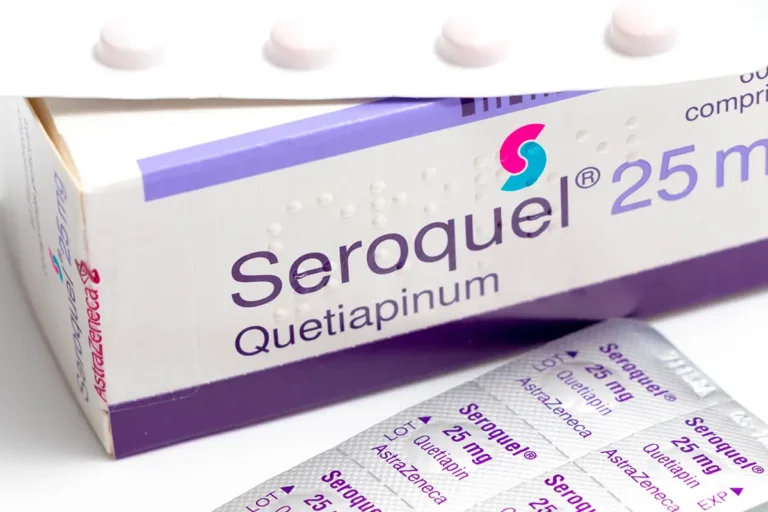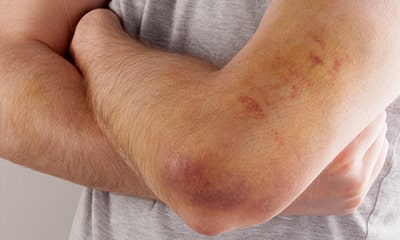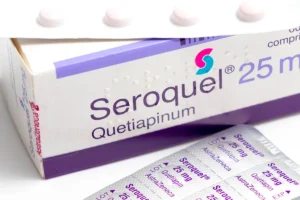When you visit a doctor and get a blood test, you might hear many terms that sound complicated. One of those terms is MCHC. But don’t worry! We’re here to break it down and explain what MCHC is and why it matters for your health. Understanding MCHC can help you know more about your body and how it’s working.
What Does MCHC Stand For?
MCHC stands for Mean Corpuscular Hemoglobin Concentration. This might sound like a mouthful, but let’s simplify it. MCHC is a measure of how much hemoglobin is present in your red blood cells. Hemoglobin is the protein in red blood cells that carries oxygen from your lungs to the rest of your body. This means that MCHC helps doctors understand how well your red blood cells can carry oxygen, which is super important for your overall health.
When you get a blood test, the lab measures various components of your blood. Among these is MCHC, which gives a specific idea about your red blood cells. The results of the MCHC test can help doctors find out if you have any issues with your blood, like anemia or other conditions. So, let’s take a closer look at what MCHC tells us.
Why Is MCHC Important?
Knowing what is MCHC in a blood test is important because it gives insights into your health. If your MCHC level is too low or too high, it can indicate that something is not right.
- Low MCHC levels might suggest that your red blood cells are not carrying enough hemoglobin. This can happen in conditions like iron deficiency anemia. When your body doesn’t have enough iron, it can’t produce enough hemoglobin, which can make you feel tired and weak.
- High MCHC levels, on the other hand, can occur in conditions like spherocytosis. This is when red blood cells are shaped differently and can lead to other health problems.
So, keeping an eye on your MCHC levels can help you and your doctor figure out if your body is getting enough oxygen. It’s like a little check-up for your red blood cells!
How Is MCHC Measured?
When you go for a blood test, the process is quite simple. You will usually have a nurse draw a small amount of blood from your arm. Don’t worry; it’s just a quick prick! The blood sample is then sent to a laboratory, where various tests, including MCHC, are performed.
The lab uses a machine to analyze the blood and measure different components, including MCHC. The results are then sent back to your doctor, who will discuss them with you. It’s important to note that you might need to fast or avoid certain foods before the test, so your doctor will let you know what to do before your visit.
What Are Normal MCHC Levels?
MCHC levels are measured in grams per deciliter (g/dL). The normal range for MCHC is usually between 32% and 36%. However, it’s always best to check with your doctor for the specific range that applies to you, as it can vary based on your age, gender, and health status.
If your results fall within this range, it usually means your red blood cells are healthy and functioning well. If they are outside this range, your doctor may recommend further tests or discuss treatment options if necessary.
What Happens If MCHC Levels Are Abnormal?
If your MCHC levels are abnormal, don’t panic! It doesn’t automatically mean you have a serious condition. Your doctor will look at the bigger picture and consider other test results, your medical history, and any symptoms you might be experiencing.
- Low MCHC: As mentioned earlier, low MCHC levels can be a sign of anemia. If you have low iron levels or deficiencies in vitamins like B12 or folate, your doctor might suggest dietary changes or supplements to help improve your condition.
- High MCHC: High MCHC levels can indicate different health issues, including dehydration or spherocytosis. Your doctor might recommend additional tests to determine the underlying cause. They might also discuss ways to manage your symptoms or treat any conditions found.
Understanding these results can be a key part of maintaining your health, so it’s important to communicate openly with your healthcare provider about what your test results mean.
How to Maintain Healthy MCHC Levels
Maintaining healthy MCHC levels is essential for good health. Here are some tips to help you keep your blood health in check:
1. Eat a Balanced Diet
Make sure to eat a variety of foods that are rich in iron, vitamins, and minerals. Foods like leafy greens, nuts, beans, and lean meats can help support healthy red blood cell production. Foods high in vitamin C, like oranges and strawberries, can help your body absorb iron better.
2. Stay Hydrated
Drinking enough water is important for your overall health and can also help prevent dehydration, which can affect your MCHC levels. Aim for at least eight glasses of water a day.
3. Regular Check-Ups
Make sure to visit your doctor regularly for check-ups. This way, you can monitor your health and catch any potential issues early. Your doctor can help you decide how often you should have blood tests based on your health history.
4. Avoid Smoking and Limit Alcohol
Smoking and excessive alcohol consumption can harm your health and affect your blood. Try to quit smoking and limit your alcohol intake to maintain good blood health.
Conclusion
Now that you know what is MCHC in a blood test, you can see how important it is for understanding your health. MCHC gives insight into how well your red blood cells are doing their job of carrying oxygen throughout your body. If your MCHC levels are too high or too low, it can signal that something might be off.












